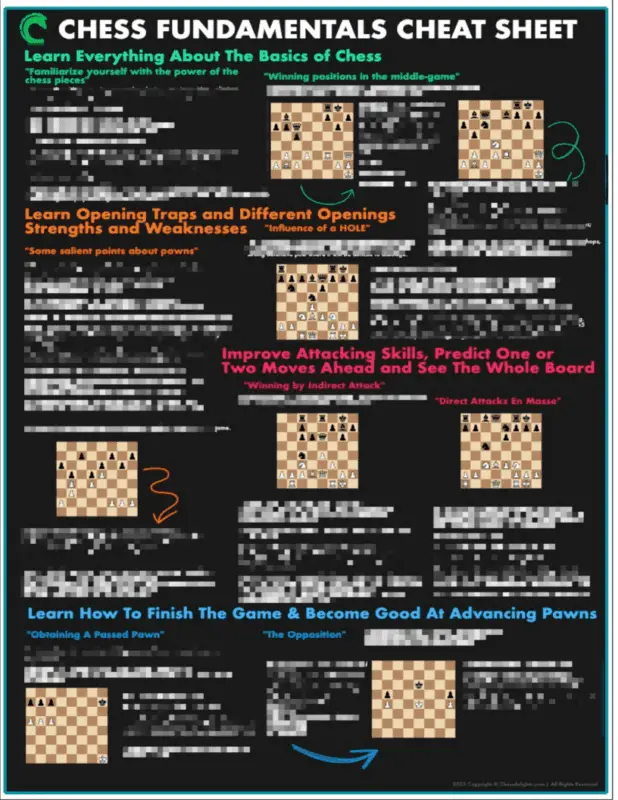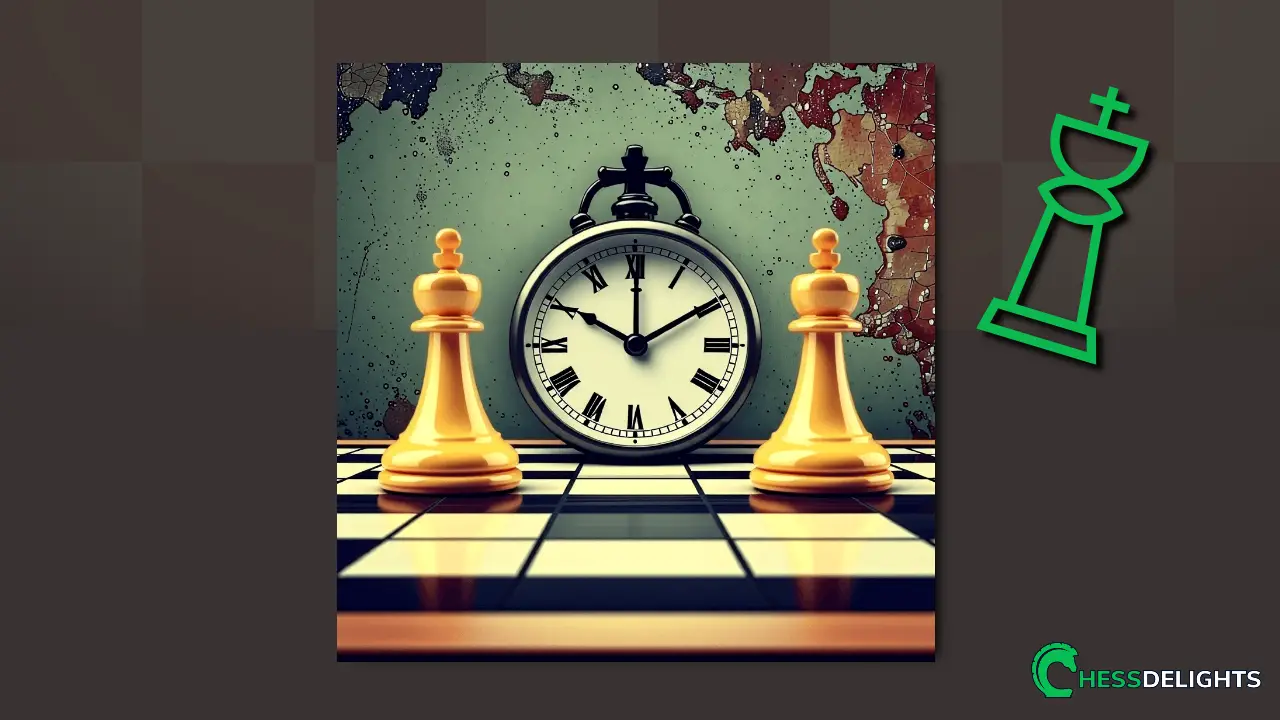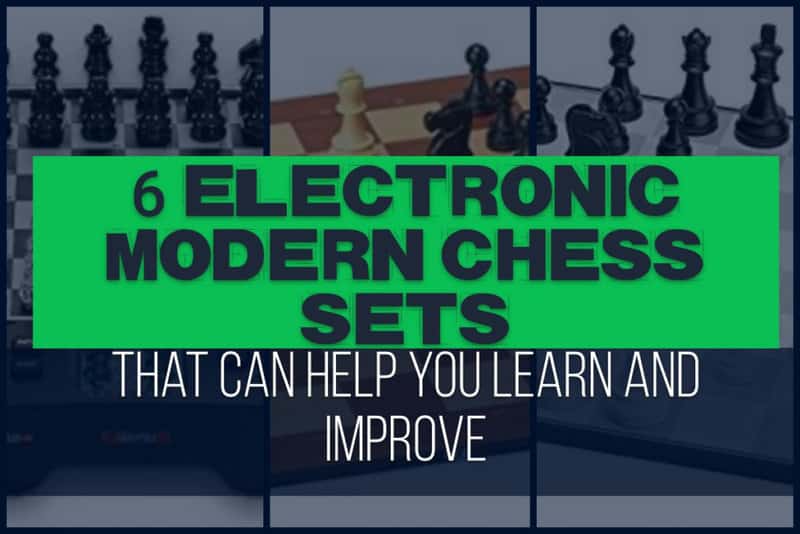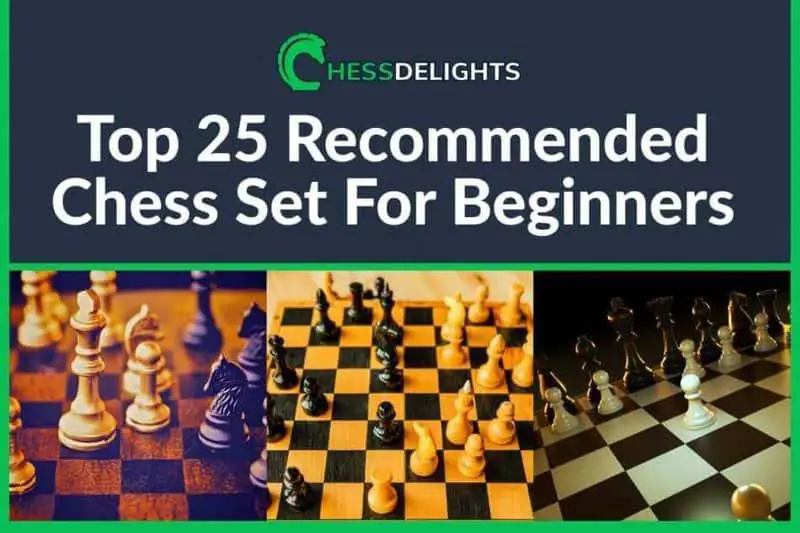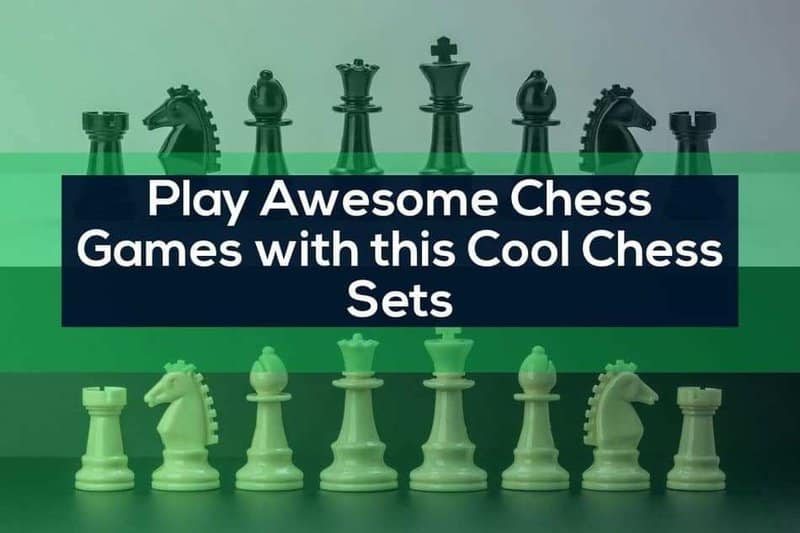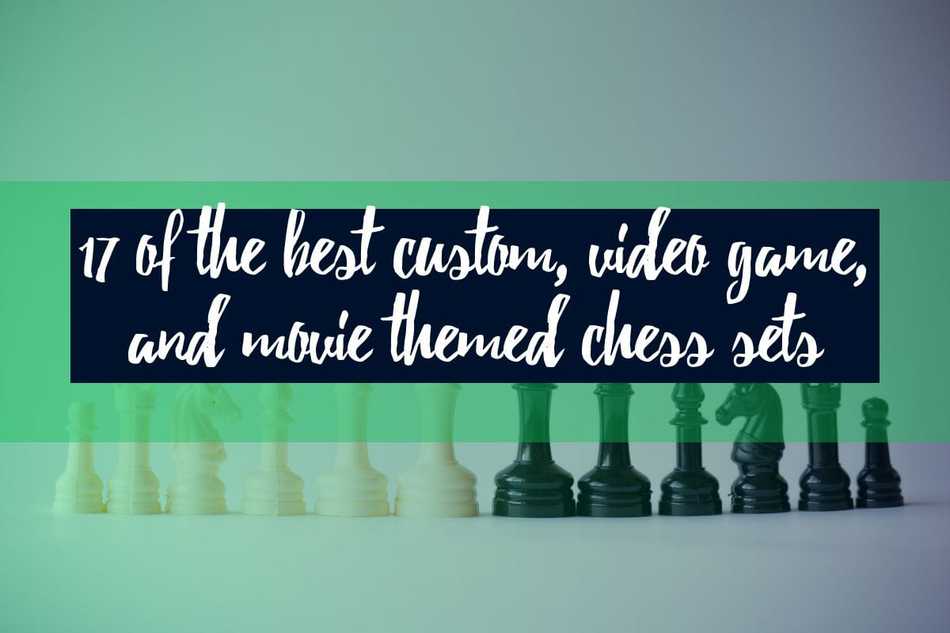When selecting a chess clock, several factors should be considered including budget, functionality, and if you compete in tournaments you should know about tournament approval.
The LEAP Chess Clock is a popular budget-friendly option praised for its functionality and ease of use. For tournament play, FIDE-approved clocks, such as the DGT 3000, are often recommended. The DGT 3000 is highly regarded for its large display, bonus and delay options, and is the official clock of FIDE.
The Chronos digital chess clock also receives high marks for its durability, wide array of pre-set time controls, and crisp LED display. However, it carries a higher price tag. Another notable mention is the ZMart Fun II Digital Chess Clock with a large display, easy setup, and suitability for both casual and competitive play – but I've seen users have reported some reliability issues.
It is essential to review various options and choose a clock that suits both your needs and budget.
Table of Contents
What are the Key Features to Look for in a Good Chess Clock?
A good chess clock is an essential tool in the game of chess. It helps regulate the game and ensures that players adhere to the allocated time limit. In my experience, there are several key features to look for in a good chess clock.
- The first feature is ease of use. A good chess clock should be user-friendly and should not require lengthy instructions to operate. I remember the first time I used a chess clock; it was a simple analog one with easy-to-use buttons. It made my gaming experience seamless and enjoyable.
- Accuracy is another crucial feature. The clock should precisely track the time left for each player. Inaccurate timekeeping can lead to disputes and mar the enjoyment of the game.
- A clear display that shows the time left for each player is also important. I've used some chess clocks where the display was not clear, and it caused a lot of confusion during the game.
- Durability is also a key feature. Chess clocks can take a beating during intense games, so it's essential that they're robust. I've had a game where my opponent hit the clock so hard that it stopped working – an experience I don't want to repeat.
- Modern chess clocks come with pre-programmed time controls for different types of games (blitz, rapid, classical). This can be a very handy feature. I've used a digital chess clock with this feature, and it made setting up the time controls for different games a breeze.
- Power source is also worth considering. Some clocks are battery-powered, while others may require a power outlet. In my experience, battery-powered clocks are more convenient as they can be used anywhere without the need for a power outlet.
Recommended Reading: If you want to know how to learn chess from books, read this article.
What Factors Determine the Best Chess Clock for a Player?
The best chess clock for a player largely depends on their specific needs and preferences. I've seen players who prefer the simplicity and traditional feel of an analog clock, while others prefer a digital clock with more advanced features.
- The type of chess games a player typically plays can also determine the best clock. For instance, a player who primarily plays blitz games may prefer a clock with a delay or increment feature. I remember when I started playing blitz games, a clock with a delay feature was a lifesaver as it gave me some extra time to think.
- The player's skill level can also be a factor. Beginners may prefer a simpler clock, while advanced players may want a clock with more features. As I advanced in my chess skills, I found myself leaning towards more sophisticated clocks that offered various time controls and other advanced features.
- Budget is another important factor to consider. Chess clocks come in a wide range of prices, so it's important to select one that fits within your budget. I've used both inexpensive and high-end clocks, and while the high-end ones often come with more features, the inexpensive ones can also serve the purpose well, especially for beginners.
Recommended reading: If you want to read more about importance of chess clock, check out this article.
Are there Specific Brands of Chess Clocks that are Considered the Best?
In my personal experience, I have found that certain brands of chess clocks are indeed considered superior by many players for their durability, reliability, and advanced features. Brands such as DGT (Digital Game Technology), Chronos, and LEAP are often mentioned in chess circles and tournaments for their quality.
For instance, I have played in chess tournaments where DGT clocks were the standard. They are renowned for their high-quality digital clocks that are used in top-level tournaments worldwide, including the World Chess Championship.
Similarly, I have come across many chess enthusiasts who swear by Chronos, another well-respected brand that offers both digital and analog clocks. Chronos clocks are known for their rugged construction and longevity, which makes them a favorite among serious players. LEAP, on the other hand, is a brand I often recommend to beginners or casual players due to its affordable yet reliable chess clocks.
However, it's important to note that the “best” brand can vary depending on a player's individual needs and preferences, just like in any other sport or hobby.
Recommended reading: If you want to read more about the best chess supplies in the market, check out this article.
What is the Difference Between Digital and Analog Chess Clocks, and Which is Best?
I've played games of using both analog and digital clocks, and each has its own unique appeal and advantages. For example, some analog chess clocks function with two dials and a flag that drops when a player's time is up, providing a clear, visual indication of the end of a player's turn.
These clocks have a nostalgic feel and simplicity to them…
However, digital chess clocks, which have digital displays, often offer more advanced features like time delay and increment settings. These features can provide more precise time control and accommodate more complex timing methods, making them a preferred choice in most professional and amateur tournaments.
From my experience, digital clocks are often considered superior due to these advanced features, although some players, particularly those used to classic chess, still prefer the aesthetic and straightforwardness of analog clocks.
Recommended reading: If you want to read more about interesting birthday chess gift ideas, check out this article.
How Does the Choice of Chess Clock Affect Gameplay and Strategy?
In my years of playing chess, I have found that the choice of chess clock can have a profound impact on gameplay and strategy. This is because different types of clocks and their features can influence the pacing and tactics employed in a game.
For instance, clocks with a delay feature give players a fixed amount of extra time before their main time starts to decrease, which allows for more defensive strategies. I have often used this feature to my advantage, taking a bit more time to think through my moves without worrying about running out of time.
On the other hand, clocks with an increment feature add a certain amount of time after each move, which can encourage more aggressive play. I have found myself in many situations where I strategically made quicker moves in the hope of gaining a time advantage on the clock.
Understanding how to best utilize the features of your chess clock can be as important as understanding the game of chess itself.
Recommended reading: If you want to read more about themed chess sets, check out this article.
Do Different Types of Chess Games (blitz, rapid, classical) Require Different Types of Chess Clocks?
Nowadays, different types of chess games does not require different types of chess clocks. This is something I've personally experienced during my years of playing chess in both casual settings and competitive tournaments. There are chess clocks that have all the features you need for different types of chess games.
Blitz and rapid games are faster-paced versions of chess where each player has a limited amount of time to make all of their moves. To add an extra layer of strategy and prevent games from being decided purely based on running out of time, these types of games often require clocks with a delay or increment feature.
This means that each time a player makes a move, a certain amount of time (usually a few seconds) is added back onto their clock. In my experience, this adds a thrilling element of speed and urgency to the game while still rewarding thoughtful, strategic play.
On the other hand, classical games are slower-paced, and players are given significantly more time to consider their moves. This slower pace can accommodate a simple clock without delay or increment features. In my own classical games, I've found that a basic clock serves its purpose well without complicating matters.
It's important to note that digital clocks that allow for various time control settings can be suitable for all types of games. These versatile clocks are a practical choice for chess clubs or any player who enjoys playing a variety of game types, as I do.
What is the Best Chess Clock for Beginners Learning the Game?
When it comes to learning chess, simplicity is key. A beginner should focus on understanding the game's rules and strategies, rather than being overwhelmed by complex equipment. Therefore, a simple and easy-to-use chess clock is often the best choice for beginners.
Digital chess clocks, particularly those with clear displays and straightforward settings, are highly recommended for beginners. For example, the LEAP chess clock is a popular choice among novice players due to its simplicity and affordability.
I am still using a similar clock, and its user-friendly design helped me focus more on my game than on the clock.
However, as beginners progress in their chess journey, they may want to consider upgrading to a clock with more advanced features. These features can introduce beginners to the time strategies used in faster-paced games. I personally enjoy the strategic depth that these features add to my games.
Recommended reading: If you want to learn about important chess clock rules, read this article.
